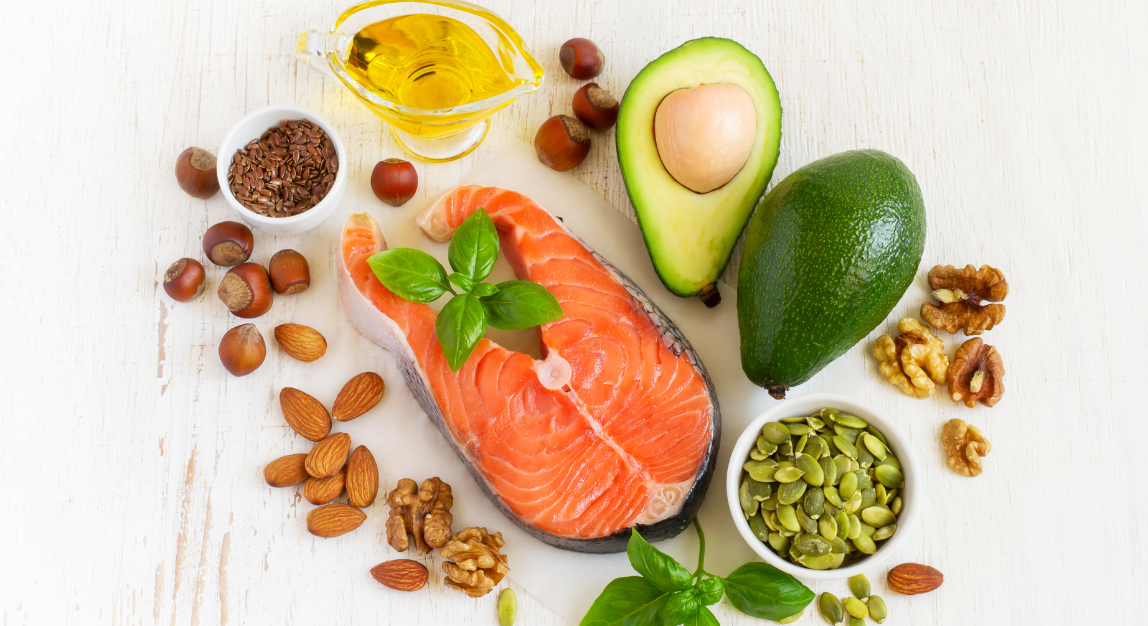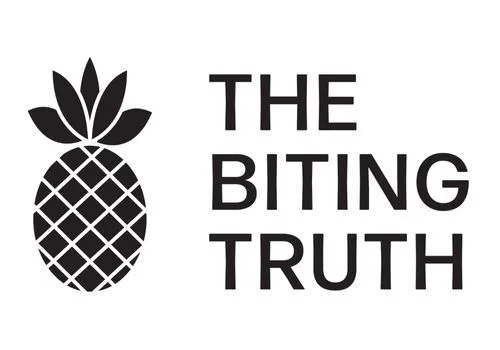
What are fats?
Fats, also called ‘fatty acids’ or ‘lipids’, are a macronutrient that our bodies require to function optimally. They are made up of three molecules joined together. This three-molecule structure is called a “triglyceride”.
Why do kids need fats?
Fats are a storage form of energy and our bodies are able to use fat as a source of fuel when needed.
The science on fats has changed over the past decade and now more than ever, we appreciate just how valuable fats are in a child’s diet. In addition to being a source of energy, healthy fats can help with:
- Brain and Nervous System: The human brain is 60% fat, which is why healthy intakes of fat are essential for optimal brain functioning and development.
- Vitamin Absorption: Fat soluble vitamins (A, D, E, K) require a source of fat in the diet in order to be properly absorbed and utilised in the body.
- Hormones: Fats are the building blocks of hormones, which play a role in regulating moody, growth and development.
- Immune System: Healthy fats provide a source of antioxidants that help to strengthen the immune system, which is particularly important for growing kids.
- Satiety: Healthy fats help to slow down digestion and keep children’s hunger levels satisfied throughout the day. We recommend including a source of fat on your child’s plate at each meal.
What are the different types of fats? Why are some fats healthy?
There are different types of fats, with some being healthier than others. Too much fat or too much of the wrong type of fat can be unhealthy. The overconsumption of unhealthy fats over time can lead to the onset of chronic disease. This is why establishing a diet that includes healthy fat consumption is so important at a young age.
The three main types of fat are unsaturated fats, saturated fats and trans fats.
Unsaturated fats (healthy fats): These are considered to be the healthiest type of fats. They include polyunsaturated and monounsaturated fats and are found mostly in plant foods and fish. Unsaturated fats are important for brain, nerve and eye development in babies and toddlers. They also decrease risk of heart disease and stroke because they increase the ‘good’ HDL cholesterol in the blood.
Saturated fats: These fats tend to be found in meat and other animal products such as butter and cheese. They help packaged foods stay fresh for longer and give baked goods a smooth texture. Too much saturated fats in the diet can raise blood cholesterol levels and increase the risk of heart disease later in life.
Trans fats: Trans fats are considered to be the most unhealthy fats. This is because trans fats raise cholesterol and increase the risk of heart disease. Sources of trans fats include deep-fried fast foods and pre-packaged foods such as cookies, crackers and chips.
What healthy fats should you include in your child’s diet?
- Extra Virgin Olive Oil: Use as an alternative to butter and other oils in cooking and baking
- Fish: Try to include fish at least twice per week. Some suggestions for picky eaters include homemade tuna patties and making your own salmon fish fingers coated in wholemeal breadcrumbs
- Nuts and seeds: Roasted nuts and dried fruit are a nutritious snack and they are great added to cereals at breakfast
- Avocado: Add avocado to homemade pizza, blitz it in avocado with peas for a delicious dip or spread it on bread as a butter alternative.
What fat sources should you try and reduce in your child’s diet?
- Fats found on cuts of meat (always choose lean cuts or trim excess fat before cooking)
- Processed meats
- Butter
- Coconut oil
- Fried and fast foods
- Chips
- Baked goods
—
Notes
- Discover our range of recipes that champion healthy fats. One of our favourites is the teriyaki salmon bowl – the perfect easy dinner for the whole family.
- To discover more about your little one’s nutritional needs, check out our Little Bites program. Including a recipe hub and ongoing support, the program helps you support your child’s health and development with practical tips and a positive attitude to mealtime.
